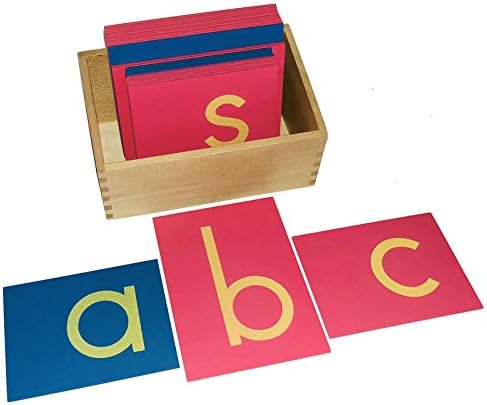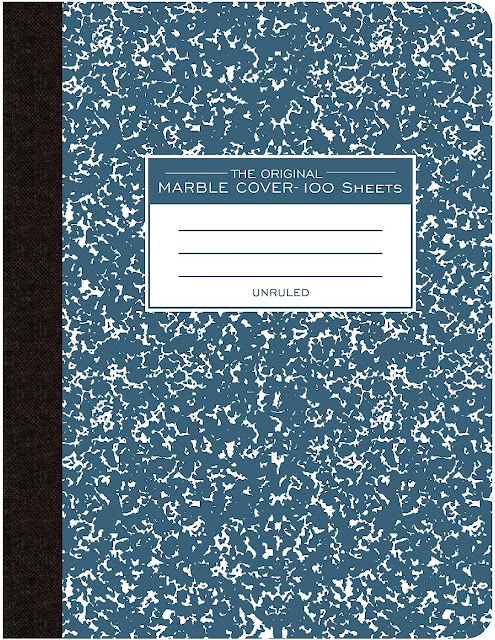Learning the Montessori way makes all the difference, especially when it comes to writing.
Dinomite learned how to write while attending a private preschool for neurodiverse children.
Bulldozer and Princess learned how to write at home from me, as part of our homeschooling journey.
Princess did pretty well as I taught her the way I had been taught, but Bulldozer really struggled.
Nothing I tried worked for him, until I decided to teach him using the Montessori Method approach.
Learning the Montessori Way: Writing
Like all Montessori processes, learning to write does not begin with the language curriculum. It starts with practical life activities that prepare little hands, strengthening muscles and the pincer grasp.
Take the time to allow your children to develop these much needed skills. To start the writing process before they are developed will only cause frustration and setbacks.
Bulldozer has always struggled with fine motor tasks. Practical Life activities made such a difference for him. He loved the work. The improvement in his hand coordination and muscle strength could not go unnoticed.
Once a child becomes successful with pre-writing focused practical life activities, has begun the process of learning letter sounds, and has shown the desire to write, it is appropriate to introduce writing.
Montessori Metal Insets
There are only two original Montessori writing materials in the early language curriculum. The first is called the metal insets.
This work is used to introduce the process of writing. Visit the Montessori Primary Guide for step by step instructions, a video, and explanation of the process.
I purchased these Montessori Shapes. They work beautifully.
One might not think this work is important, but I assure you it's necessary.
There are so many skills learned as children trace shapes using the metal insets. It's challenging. My children love when I put this work on our shelves.
Montessori Sandpaper Letters
The
Montessori Lower Case Cursive Sandpaper Letters is the other original Montessori writing material.
For those who prefer to use the
Montessori Lower Case Sandpaper Letters in print, they are available as well. The sandpaper letters are used to teach children the shape of each letter. For specific instructions visit
Living Montessori Now.
If you're teaching children how to write numbers, the
Montessori Sandpaper Numbers are used. No matter what sandpaper numbers or letters you're teaching, the process of going through this work is crucial to helping your child learn how to write.
I love that the letters are actually made of sandpaper. The cards provide such a sensory experience for the child. The control of error is the texture. Right now Sunshine is working very hard to keep her fingers on the sandpaper.
Montessori Sand Tray
Once a child is successful with the sandpaper letters the
Montessori Sand Tray
is introduced. This is not an original Montessori material but is used in most Montessori schools.
Lowercase letters are taught first, a couple at a time. Once again letters do not need to be introduced in any specific order, just remember that they should not look or sound alike.
Bulldozer could not have learned how to write, if it wasn't for the sandpaper letters sand tray in the classroom.
Not only did he love the work, but it helped improve his fine motor skills.
We had so much fun changing our trays to different colored sand, scented salts, etc. There is so much one can do to vary this activity if you find your child is becoming bored with it.
Montessori Chalkboard
When the child can successfully write letters in the sand tray, a chalkboard is introduced for practice in most Montessori schools. There is no specific chalkboard that you HAVE to have. I recommend the
Melissa & Doug Magnetic Chalk Dry Erase Board
. We love the
Melissa & Doug Eraser and Chalk Bundle
. The chalk is dustless which is really nice.
For those who don't like using a chalkboard (like me), consider using the dry erase board on the back. This is what we have done in our home. I love
Crayola Large Dry Erase Crayons for writing purposes. The kiddos practice letters and words in cursive and print on a daily basis.
Chalkboard with Lines
When your child is successful writing on the chalkboard or dry erase board with no lines, a
CHALK BOARD with lines is most often introduced.
For those that would prefer dry erase boards, we use the
Board Dudes Double Sided Dry Erase Lapboard.

I find that the board with lines helps the kiddos learn to control the size of each letter. It also helps them perfect the shape of each letter.
Paper and Pencil
Once writing tasks come easy using a lined chalkboard, plain white paper and
Pencils
are available for writing tasks in some Montessori schools.
I'm not one who likes a lot of loose paper laying around, so I recommend using a composition notebook. If a teacher feels no need to work with unlined paper, they may skip this step. I know we did.
Finally writing using lined paper and pencil is introduced. Like I've mentioned, I don't like loose papers around, so I choose to use the
Mead Primary Composition Book for my children. They call these books their journals and LOVE to go through them reading what they've written etc.
When Bulldozer was having a rough time with writing and becoming very frustrated, I was able to pull out his very first journal and show him how much he'd improved. From that day forward he wrote with such confidence.
The process of writing takes time and can not be rushed. Bulldozer has taken years to perfect the skill. Remember to introduce only a couple of letters and/or numbers at a time otherwise the child will be overwhelmed, and you'll become frustrated with the learning process.
Learning to write occurs at the same time children are learning their numbers and letter sounds, once a teacher confirms the child is ready and has the proper skills to move forward.
If you enjoyed this post you may also enjoy the posts below filled with wonderful tips and resources.


















































